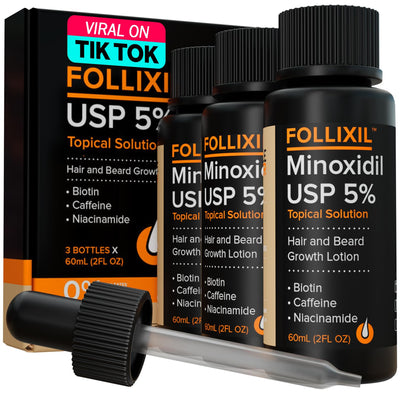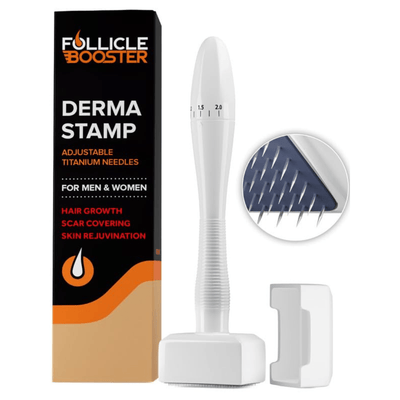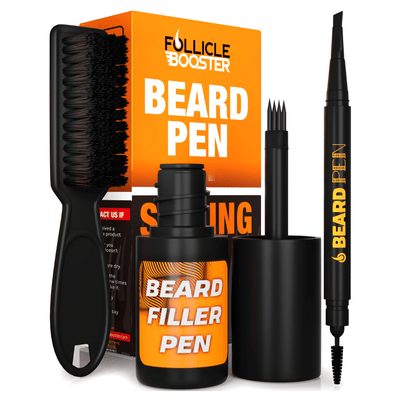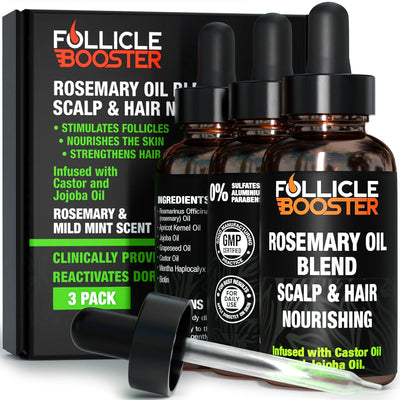Hair loss has never been fun, and until now, there are many misconceptions about regrowing hair because of neglecting the natural science behind it. Healthy hair is essential for well-being and lets you experience a fulfilling life. Though in reality, Studies by the National Center for Biotechnology Information estimate that 70% of men and 40% of women are affected by androgenetic alopecia, and that's a big concern to face. Therefore, it is crucial to learn about it to develop real solutions.
When does Hair Thinning starts in women?
It is estimated that 40% of women have noticeable hair loss by age 50. It is common in the '30s, especially after childbirth. And hereditary loss usually starts after the age of 40.

When does Hair Thinning start in men?
Hair loss looks a little different in men than in women. It can start as early as the 20's. By the age of 50, most men have developed androgenetic alopecia. Common signs include receding hairline, hair thinning, and bald spots around the crown area.

It can start in your twenties, but by age 50, most men have some form of it. Also called male androgenetic alopecia, it can begin as either a receding hairline, thinning of the hair, or a bald spot that develops on the crown of the skull.
How do they occur?
Hair loss and Hair Thinning do not happen in one day. They occur when new hair doesn't replace the hair that has fallen out and even failed to grow. It is typically related to a lot of factors, such as:
- Stress- This applies to several aspects of life, as usual. It can be emotional or physical. Episodes or fluctuations of emotion contribute much pressure to the hair shaft. Your hair is prone to damage when your body releases too much cortisol, a kind of stress hormone that causes skin dryness, and your scalp is not an exemption.

- Bad Habits - Poor Sleep, Excessive Hair Treatment, and Inadequate Nutrition are proven hair loss contributors. They are mostly practiced unconsciously since your body is getting used to and has adjusted to these activities.


- Genetic Factor- Also known as genetic or hormonal influences, plays a significant factor but in different quantities to hair problems.
Other significant hair loss and hair thinning contributors:
-Dihydrotestosterone (DHT) is a hormone that affects hair growth. High DHT Level decreases the blood flow to the scalp, thus blocking the blood in the capillaries to the hair follicles.

- Pregnancy is the stage where women commonly shed a lot of hair. The sudden estrogen hormone changes also cause it.

- Hyperthyroidism and Hypothyroidism can cause a lot of hair loss, usually involving the entire scalp area.

- Ovary Disorder ( Polycystic Ovary Syndrome ) It is caused by a hormonal imbalance of androgens which results in hair shedding.

Hair loss does vary by sex, body profile, lifestyle, and daily habits. Having the foundation knowledge to conclude the best hair treatment for you is essential.
Check the courses our CEO Tudor Tanase @thehairlossdude made for Hair Loss and Beard Growth.
View our FREE educational videos on Youtube (Follicle Booster) for more hair facts and helpful recommendations.











